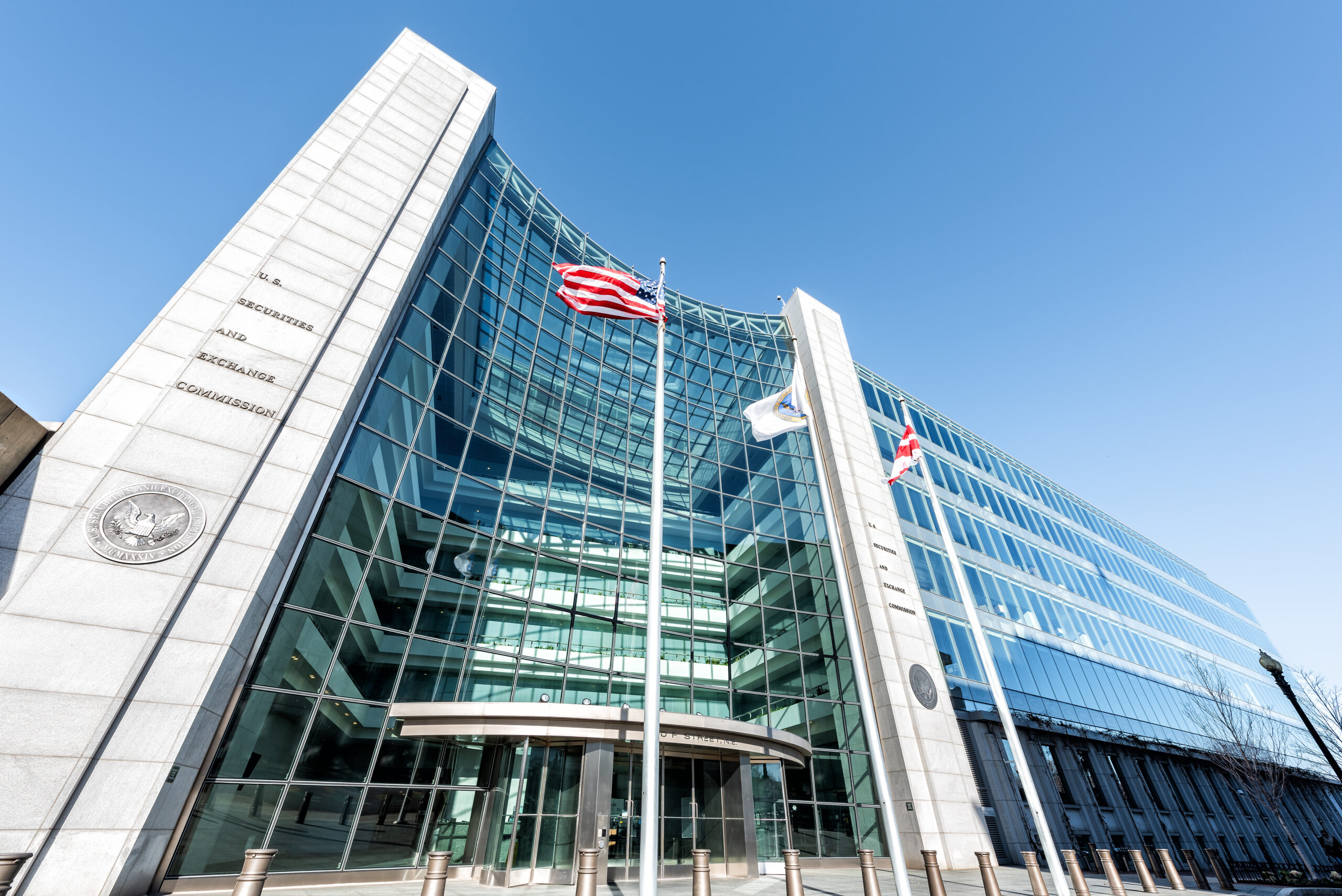By Lindsay Burckett-St Laurent, Senior Managing Director, U.S.
A new no-action letter from the SEC provides long-awaited clarity on how state trust companies can serve as qualified custodians for digital assets, as long as they meet due diligence and oversight standards.
For years, the question of who can legally custody crypto assets for registered investment advisers and funds has sat in a regulatory gray zone. In September 2025, the SEC’s Division of Investment Management issued a no-action letter confirming that advisers and funds can treat state-chartered trust companies as “banks” under the Advisers Act and the 1940 Act, so long as certain conditions are met.
This move marks a concrete acknowledgment that regulated crypto custody can coexist within existing custody frameworks, an unsurprising development after the proposed “Safeguarding Rule” was withdrawn earlier this year. Advisers and funds now have a clearer route to hold crypto assets without waiting on new rulemaking from regulators.
What the SEC’s crypto custody guidance actually says
The SEC confirmed that it will not recommend enforcement action against registered advisers or regulated funds that use a state trust company as a qualified custodian for crypto assets and related cash equivalents, as long as:
- The adviser or fund has a “reasonable basis” (after due inquiry) to believe the state trust company is authorized by its state regulator to provide crypto custody services
- The firm has reviewed the custodian’s audited GAAP financial statements and a recent SOC-1 or SOC-2 report confirming effective controls for safeguarding crypto assets
- The custody agreement prohibits the custodian from lending or transferring client assets without written consent and requires segregation from proprietary assets
- The adviser or fund has disclosed all material risks of using a state trust company custodian
- The firm has documented a best-interest determination showing the arrangement benefits clients or shareholders.
While state trust companies are not the only possible crypto custodians, they’re currently the most practical – and regulatorily accepted – option. Other entities that may qualify include national banks with OCC approval to custody digital assets, broker-dealers who meet Customer Protection Rule requirements, foreign financial institutions, and futures commission merchants for crypto derivatives.
What is a state trust company custodian?
A state trust company is a state-chartered fiduciary institution supervised and examined by a state banking authority, such as the New York Department of Financial Services or the Texas Department of Banking. It does not take insured deposits, instead exercising fiduciary powers similar to those of a national bank, such as safeguarding assets and acting as a custodian or trustee. Common examples include: Coinbase Custody Trust Company, BitGo Trust Company, Paxos Trust Company, and Anchorage Digital Bank N.A.
Importantly, the no-action relief applies only to crypto assets and related cash equivalents used to facilitate crypto transactions, not to other asset classes or activities. The letter also clarifies that this is not a new rule but an enforcement position, meaning the SEC could still revisit or formalize standards in the future.
Impact on digital asset custodians and advisers
The SEC’s decision reflects what’s already happening in the market: state trust companies have become de facto custodians of institutional crypto assets, with regulatory frameworks that mirror traditional institutions. Many already operate under supervision from state banking authorities and maintain strong capital, audit, and cybersecurity requirements.
For advisers and funds, the no-action letter clarifies responsibility without eliminating it. Firms can’t simply outsource their due diligence to the SEC. They must be able to prove, on paper and in practice, that their chosen custodian meets the standards of a qualified bank.
Global context: The U.S. joins a broader trend
The clarified stance from the SEC aligns with a growing convergence around digital asset custody that extends beyond the borders of the U.S. In the UK, the Financial Conduct Authority (FCA) has emphasized segregated custody and operational resilience for crypto firms in a recent consultation paper. The EU’s Markets in Crypto Assets Regulation (MiCA) similarly establishes clear segregation requirements for custodians. In Singapore, the Monetary Authority of Singapore (MAS) already supervises digital payment token custody under a bank-like regime.
These developments reflect the worldwide move toward incorporating crypto oversight in existing fiduciary structures, rather than building entirely new frameworks. The SEC’s no-action relief is a step in that same (pragmatic) direction.
What the SEC’s crypto custody decision means in practice
For advisers, crypto custody is no longer a question of “if,” but “how.” By allowing state trust companies to serve as qualified custodians, the SEC has effectively brought digital assets closer to parity with traditional securities without fully rewriting the rules.
Advisers and funds that custody (or plan to custody) digital assets should treat this moment as an opportunity to review governance, contracts and documentation. Firms that move early to formalize policies, refresh diligence processes and document their decision-making will be best positioned for success as the regulatory picture continues to sharpen.
How we can help
The SEC has shared a checklist to guide advisers toward compliance with the updated conditions for crypto custody, which we’d be happy to discuss with you. At IQ-EQ, our regulatory consulting and governance specialists help asset managers navigate compliance at every stage, from digital custody rules to cross-border fund structuring.
Our team can support:
- Custodian due diligence and oversight frameworks
- Form ADV and disclosure updates
- SOC report review and control testing
- Governance documentation and best-interest analysis
As digital assets continue to mature, our global expertise across fund administration, technology, and compliance helps our clients navigate regulatory changes with confidence.




